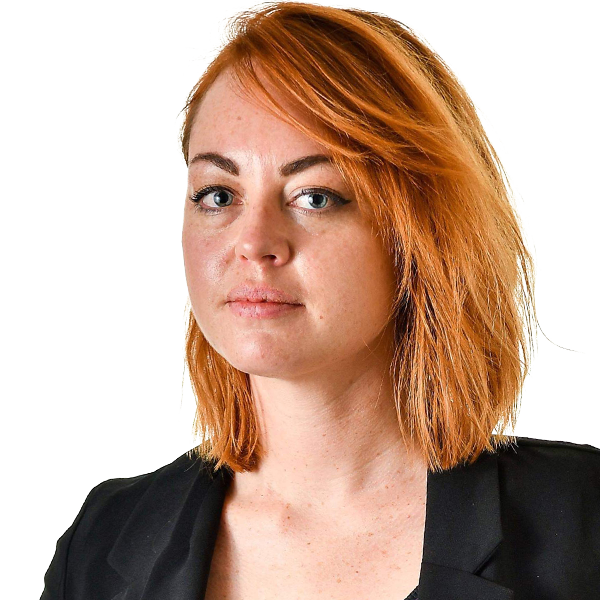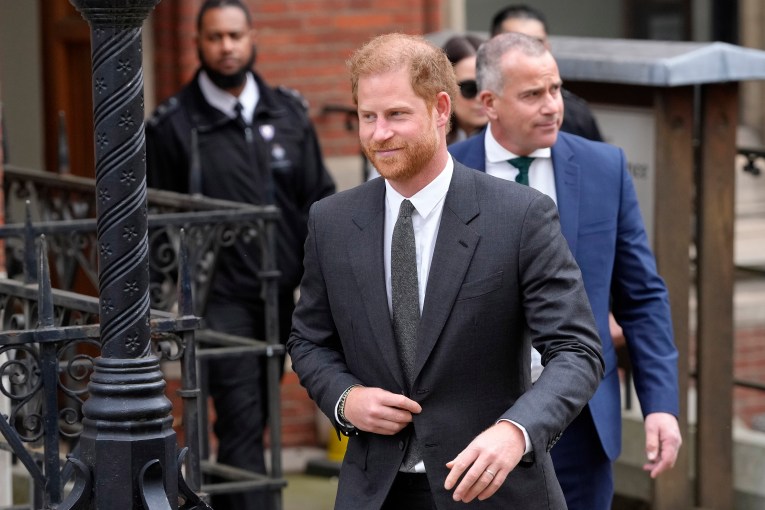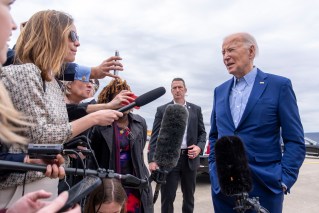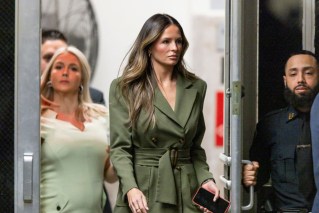The Rise of the Murdoch Dynasty: Revealing documentary of a man who won’t let go

As the world battles through a pandemic, a rising superpower threatens to upset global dynamics and the US gears up for a presidential election, the influence of Rupert Murdoch has never been greater.
Far from senile – despite what some staffers might say of the 89-year-old – the clan patriarch is as sharp as ever, ready as always to put the might of his media empire at the service of his interests and politicians he favours.
“If you try to think of a family in the world that has more power, it’s impossible,” says Denis Muller, a senior research fellow at Melbourne University’s Centre for Advancing Journalism.
Even the royals don’t have as much power as the Murdochs.”
When son James stepped away from the empire in July, it did little to dilute the pool.
That exit was foretold in BBC docu-series The Rise of the Murdoch Dynasty, which will finally air in Australia on September 20, after screening in the UK in July.
“James differed from them on climate change, but that was about it,” Dr Muller told The New Daily.
The first question raised in The Rise: Who will succeed Rupert when he steps down?
When James cited differing views on climate change and News Corp’s political bias, many thought that cleared the way for Lachlan to take the reins – he is definitely the son more in his father’s image, is the accepted thought.
But if there’s one thing Rupert Murdoch won’t do, it’s step aside, David McKnight said.
“He will never retire,” said Associate Professor McKnight, a political researcher and author of Rupert Murdoch: An Investigation of Political Power.
“I have spoken to people in his organisation who say that he’s – quote/unquote – ‘losing it’. But he’s a very determined man, and he’ll continue to exert influence.”
A lifetime of leading
As he prepares to enter his nineties, Rupert remains very much involved in the day-to-day running his global media monolith.
He amassed a worth of some $US7.5 billion ($10.3 billion) over his career, which began at the age of 22 after inheriting one Australian newspaper (but he was promised three) from his father, Keith Murdoch.
His media reach grew, founding The Australian in 1964, launching News Corp and expanding into the UK.
In the 1970s, he arrived in the US, first launching the supermarket scandal sheet STAR with a flown-in squad of imported Australian and British journalists, then buying the New York Post.
Then came publishing house Harper Collins and, finally, laying the foundation for what would become the Fox free-to-air and cable-TV empire.
The rest is history.
Murdoch’s power is global and extremely influential,” Dr Muller said.
“Far more so than any other consulate or head of state.”
This is especially true in the field of politics, both Dr Muller and Professor McKnight said – and not just in Australia.
Professor McKnight said he was the most “consequential” figure in world politics, pointing out that he renounced his Australian citizenship for a US passport in 1985 so he could circumvent restrictions on foreign ownership of the free-to-air TV stations that would become Fox.
You’re dealing with someone who doesn’t really have the interests of Australia at heart,” Professor McKnight said.
“And who really set up his media not even so much to make money, as to exert influence. The proof of that is a lot of his newspapers haven’t made money for years.

Rupert Murdoch renounced his Australian citizenship in the ’80s, but retains huge political influence.
“But he keeps them going because it gives him a seat at the table, in politics, whether it’s Britain or Australia or America.”
Case in point: The New York Post.
“(It has) never made a cent … It’s partly an indulgence and it’s partly a political weapon because New York is a media city and owning the New York Post is a way of exerting influence,” Professor McKnight said.
At the heart of it all
While there are no skeletons unearthed in the three-part The Rise, Australians will find an in-depth history of Rupert Murdoch’s rise and rise over the past several decades.
It also captures his failures and blunders – most notably the News of the World phone-hacking scandal in 2011. Despite setbacks, his sheer determination has demolished any hint of an obstacle.
Already a billionaire many times over, there’s more than wealth that keeps him turning up to the hypothetical office, even well past the age of retirement.
“I think he’s trying to prove to his father that he is as good or better than his father was,” Professor McKnight speculated.
Rupert was set to inherit three newspapers from his father, who had risen from the war correspondent who blew the whistle on the Gallipoli debacle to head what was then the Herald and Weekly Times.
When Sir Keith died unexpectedly in October 1952, the will’s executors cruelled the recent Oxford graduate’s expectation of inheriting three Australian newspapers with legal and accounting gambits that left him with only one, the money-losing Adelaide News.

Max Stuart’s life was spared as a result of the News crusade. Photo: ABC
Hard though it is to believe in light of his later exploits, Murdoch initially championed progressive causes while turning the newspaper into a profitable enterprise.
With crusading editor Rohan Rivett, for example, he campaigned to free Aboriginal Max Stuart from the gallows for the rape and murder of a young girl, the News arguing that his “confession” was written by police.
Stuart was spared the hangman’s rope and released from prison in 1973.
By all accounts, Murdoch has since spent his life trying to prove his worth – and to get his six children by three of his four marriages to prove theirs.
“He always has opinions and his opinions are really what drives his work, as much as money – or as equally as money. And that’s unusual,” Professor McKnight said.
The ripple of Murdoch’s work ethic, the will to make things happen, did seem to seed throughout the titles and companies he launched or took over by leveraging his existing titles to fund the next acquisitions.
While Dr Muller never worked for a Murdoch-owned outlet, he did do a stint at The Times in London, before Rupert bought it.
He recalled catching up with former Times colleagues after the takeover.
“They spoke with stars in their eyes of how he was going to make everything better and they’d still maintain editorial independence … They called him ‘Rupe’,” Dr Muller said.
The bottom line? Don’t expect him to be leaving us any time soon.
“People forget that his mother – who was a very nice person and completely different – she was 102 when she died,” Professor McKnight said.
“So, Rupert looks after himself, he always has and he’s got this longevity on his mother’s side of the family. So we shouldn’t really assume that he’s going anywhere.”
Part one of The Rise of the Murdoch Dynasty airs on ABC on Sunday, September 20, at 8.30pm. Part two airs on September 27 at 7.40pm. All three episodes will be available on iView from Sunday.








